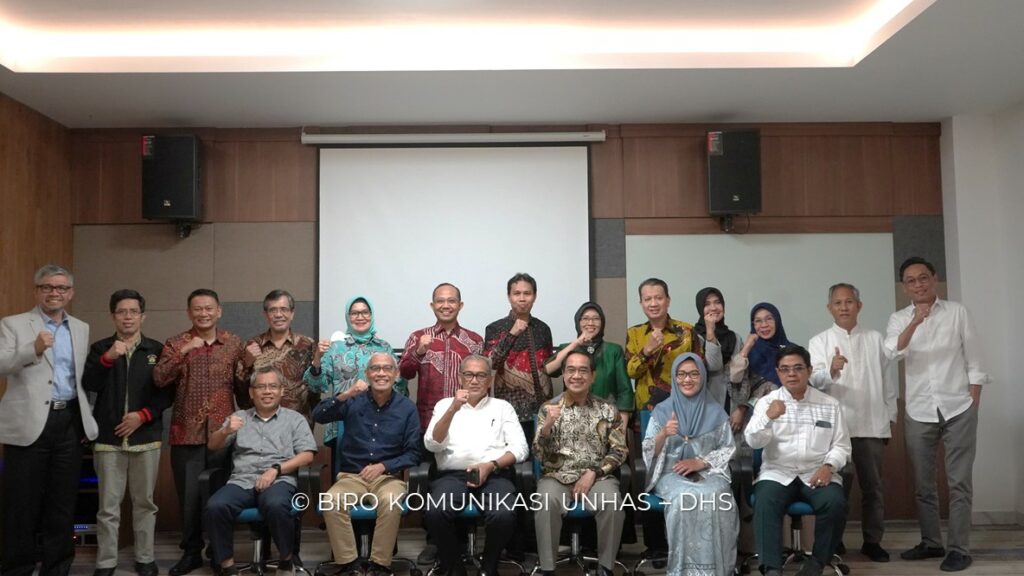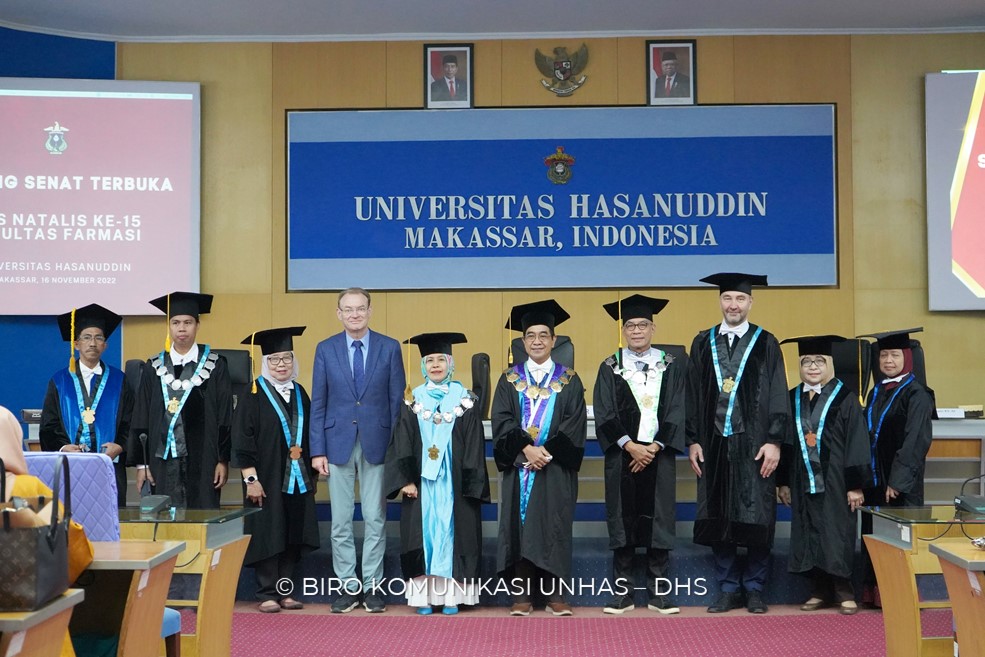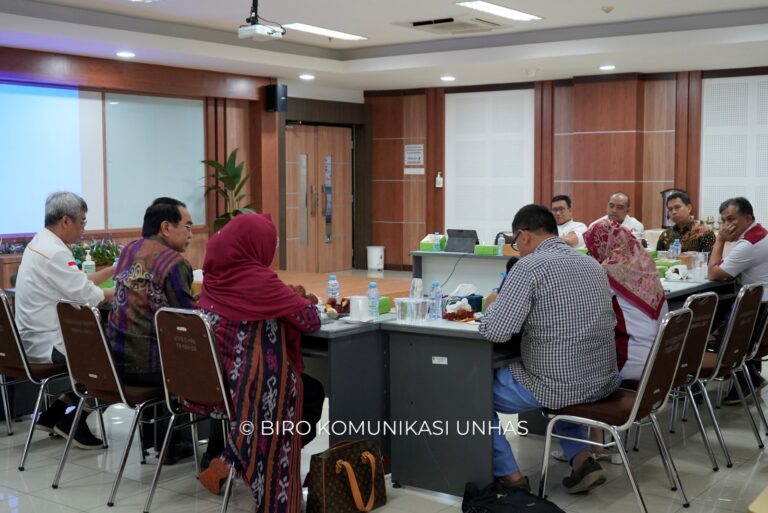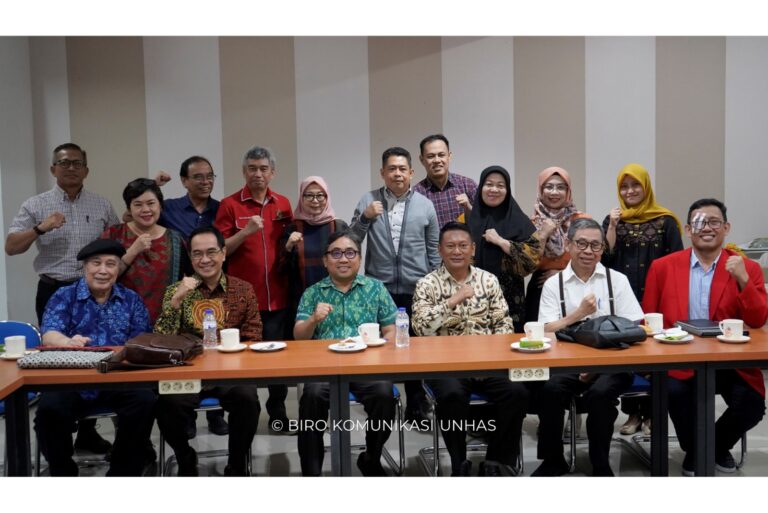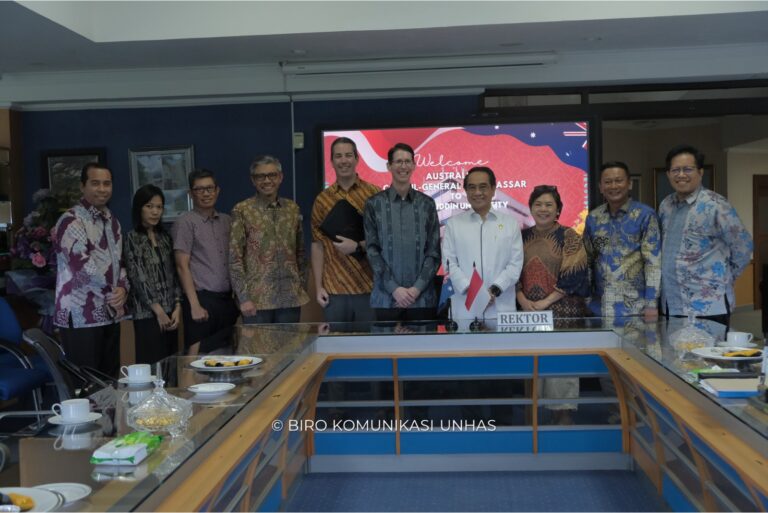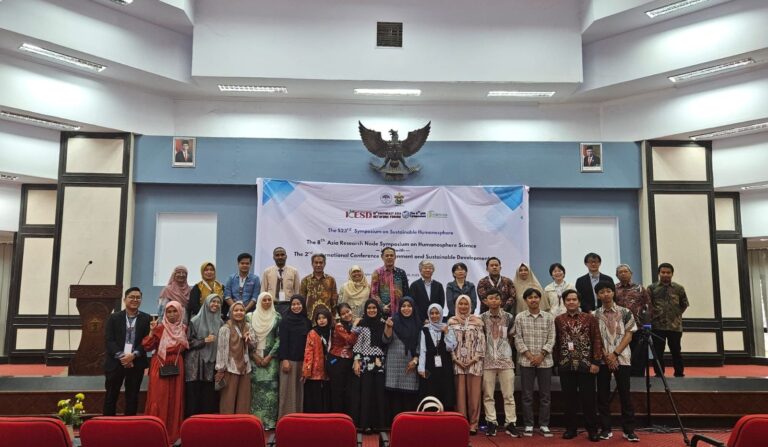Universitas Hasanuddin, through the Faculty of Mathematics and Natural Sciences (FMIPA Unhas), held a webinar entitled “Top Scientist Webinar Series 18”, which is part of the World Class University program.
The activity presented a speaker, Dr. Anirban Chakraborty (Dean-Faculty of Biological Sciences Nitte, University Center for Sciences Education and Research), with the theme “Non-mammalian Models in Biomedical Research: Zebrafish Steal the Show!”. The webinar took place virtually through the zoom meeting application on Monday (06/12).
The activity was officially opened by the Vice-Rector for Research, Innovation and Partnership, Prof. dr. Moh. Nasrum Massi, Ph.D., Sp.MK. In his speech, he appreciated the implementation of this activity. According to him, this webinar is expected to build collaboration between universities. The potential will be examined with the multidisciplinary application.
Regarding the webinar’s theme, Prof. Nasrum said it was necessary to develop research primarily on Covid-19. Zebrafish among researchers are widely used as research test material.
“Fish embryos that are transparent and develop outside the mother’s body can help researchers or scientists manipulate genes to resemble human diseases and observe changes in disease directly,” said Prof. Nasrum.
After the official opening, the webinar then continued with the presentation. Dr. Anirban introduced Nitte University, which has three campuses in India and various achievements that have been obtained.
Furthermore, Dr. Anirban said the Zebrafish is a species of fish from the Cyprinidae family with a body size of about 3-5 centimetres, living in calm waters, and sandy, silty or gravel soil surfaces in rice fields, wetlands and aquariums.
Its transparent form helps scientists study the vascular system and other systems by incorporating fluorescence. In its brain, unexpected scavenger cells were found to get rid of waste. The cells can be found in humans and controlled, which is helpful against dementia and stroke.
So far, Zebrafish research has yielded knowledge about cancer, diabetes, muscle disease, and more. The little striped swimmer has great potential to advance medical research in the future.
“There are several things that make this fish of choice in research, including small size, embryonic transparency, rapid ex-utero development to genome manipulation tools. This fish can be an alternative vertebrate model for biologists, toxicologists, and pharmacologists. Despite these limitations, Zebrafish can effectively complement other mammalian and non-mammal model systems,” explains Dr. Anirban.
After conveying his views, the webinar then moved to a discussion session and participants’ questions and answers. The activity was guided by Dr. Irma Andriani, S.Pi., M.Sc., (Lecturer of Faculty of Mathematics and Natural Sciences Unhas) and attended by 200 participants.
Kumara Tungga Dewa, S.S.
Editor: Ishaq Rahman, AMIPR

